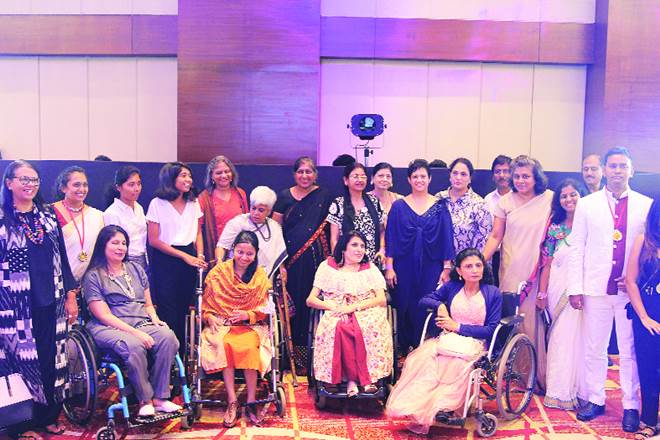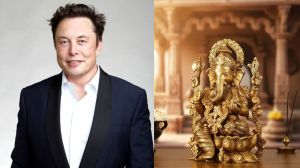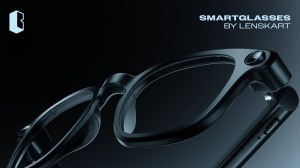Fifteen teams walked the ramp—designers along with their muses in specially designed clothes. They proudly wheeled around the ramp, some walked with assistance and others without any help wearing their new-found confidence and spreading infectious joy in clothes made just for them—something they had not experienced before. A display of designs that considered their specific body needs and comfort levels without compromising on aesthetics.
It was billed as India’s first such nationwide initiative in adaptive clothing design for people with disabilities. The ‘Ad-dress Now’ finale held in Pune had 15 teams shortlisted of 50 from across India with students from NIFT, MIT, Sophia, Hamstech, Symbiosis among them. Each had the designers teaming with an expert and muses with different disabilities—visual, mental and mobility challenges. The muses modelled the clothes designed by the designers. Some came in as advisors and others were part of the jury. Nivedita Saboo, Raju Bhatia, Rahul Kamra, Geeta Castelino and Arry Dabbas were among them.
“Adaptive clothing is not available in India in shops or off the racks in big retail. It is time that we start designing clothes for people with disability,” says Anita Narayan Iyer, founder and trustee, Ekansh Trust, who is trying to promote adaptive clothing in India in mainstream clothing line for senior citizens, disabled friends and those who struggle with conventional design post-surgery. Iyer feels that dignity is impacted when people struggle with something as basic as dressing and undressing. So she came up with the idea of this contest to promote adaptive clothing on the national level.
Foreign brands have understood this and have been working towards adaptive clothing but Indian brands and retail have not shown any interest. “We have tried contacting everybody and not one of them showed interest,” says Iyer. There is a huge market for adaptive clothing especially with the aging population in India. “Marks & Spencer will introduce it soon in India. Tommy Hilfiger as well as Target, which is one of the cheapest brands abroad, have introduced it. So I don’t see why India can’t introduce it at Lifestyle, Max or Reliance,” says Iyer.
There are 21 disabilities recognised by the government of India including blindness, intellectual disability, locomotor disability, dwarfism, cerebral palsy, muscular dystrophy, multiple sclerosis, Parkinson’s disease and acid attacks. Physical mobility, accessibility and employability are still issues but there are day to day living challenges that have remained unaddressed.
Iyer found it tough to get funding support from corporates, brands or the textile/garment industry for the show. Most companies thought this was a one-off event and which will not sustain. Ekansh needed `10 lakh but could raise only Rs 4 lakh — Rs 2 lakh out of one donation and Rs 2 lakh from crowd funding from different places. So `6 lakh came from the Trust’s kitty for the event to happen. Iyer says companies must realise that the old charity method is not working and brands must look at this in a very different way. “CSR departments found it difficult to understand as they are very used to the plant trees kind of attitude towards CSR. This is not about charity. It is education. So many companies say they are into education but they haven’t seen the merit in this kind of education where people develop more empathy. If today I have to go and conduct sensitisation programmes and workshops in corporates, it means that their education has remained incomplete. So it is definitely a part of education,” says Iyer.
Any movement like this begins with awareness. “When 50 teams from all over the country participate and work for weeks with muses with disabilities, it helps in creating awareness that cannot be measured in numbers or profit. Their minds have been impacted. This was not a temporary, one evening event. It is a sustaining effort,” says Iyer. After this initiative many colleges have decided to make this a part of their syllabus and work with people with disabilities. Some brands have shown interest already: Saboo has offered to open this concept in Mumbai by involving leading personalities from the garment industry and institutes. Rohit Kamra is keen on promoting adaptive design. Raju Bhatia and Geeta Castelino have begun influencing college heads too. Many institutes have agreed to look into it more holistically.








